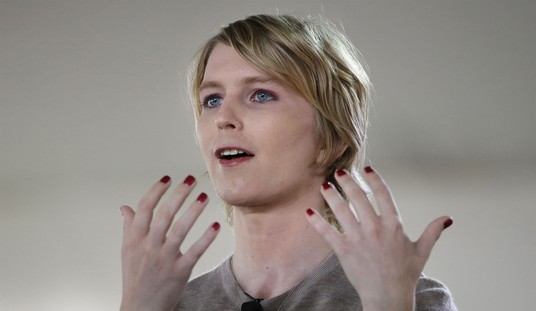I have three nieces – ages eight, six, and four. Just like with the rest of our family, Disney plays a huge part in the girls’ lives. The girls love the Disney Princesses, and they want to emulate them. They dress like their favorite princesses, draw pictures of them, and pretend to be them. And I’m totally OK with it.
The Disney princesses have come under fire a lot lately, usually from feminist sources. One Canadian photographer composed a series of photos depicting the princesses in a cynical, despairing light, while another encourages moms to “set aside the…Disney Princesses” and dress their daughters as “inspirational” women (like Coco Chanel?).
Unlike these critics, I think the Disney Princesses are great role models for the moral values they teach, and I’m not alone. I recently stumbled on an article Mark Tapson wrote over at Acculturated back in October. In it, he took the words right out of my mouth:
Militant feminism has conditioned parents to reel in horror from the notion that their girls should aspire to be nothing more than fairy-tale damsels in distress, hoping for knights in shining armor to whisk them away from their Cinderella-like drudgery and live happily ever after in ball gowns at the royal castle. But this attitude stems from an unfortunate misperception about the Disney princesses, one that parents would do well to reconsider.
[…]
This isn’t the 1950s; American girls now grow up under the assumption that they can be whatever they aspire to. They don’t lack for role models in any profession one can name.
More from Tapson:
[The princesses] aren’t intended to be career role models. They are moral role models. Disney movies aren’t telling girls that they should limit their aspirations to becoming princesses (although young women sometimes do become one, so be ready); they are teaching them to adopt the values of Disney princesses: kindness (Snow White), compassion (Ariel), intelligence (Belle), humility (Cinderella), courage (Merida), and determination (Tiana), among others. These are worthy attributes for boys as well as girls, but the point is that Disney isn’t steering girls toward being future trophy wives – it’s promoting values that make you a decent person, regardless of your career or lack thereof.
Little girls aren’t absorbing this message from the movies consciously, of course; they’re just enjoying well-told, satisfying stories that feed their young fantasies. Girls like to fantasize about being beautiful princesses, just as boys pretend to be Vikings or superheroes (and a boy has even less chance of growing up to be one of those than a girl does of becoming a princess). There’s nothing wrong with that. Let kids be kids, and don’t impose your career expectations on them yet. No little girl wants to be Helen Keller or Jane Goodall for Halloween, just as no little boy wants to trick-or-treat as Louis Pasteur or Steve Jobs. That doesn’t mean they won’t grow up to change the world. The important thing is that they are being shown moral lessons.
Of course, I hope one day the girls read about great women of history that they admire and become inspired. I hope they read about the great women of the Bible and desire a vibrant relationship with God. I want all three of them to find their own way in life and not tailor their lives to other’s expectations (even if it means emulating MMA fighter Ronda Rousey, who is the four-year-old’s other heroine). But in the meantime, I’m glad they’re learning the values that the Disney Princesses – and other Disney film characters – teach, because a solid moral foundation will hopefully prevent them from one day wanting to emulate women like the Kardashians.










Join the conversation as a VIP Member